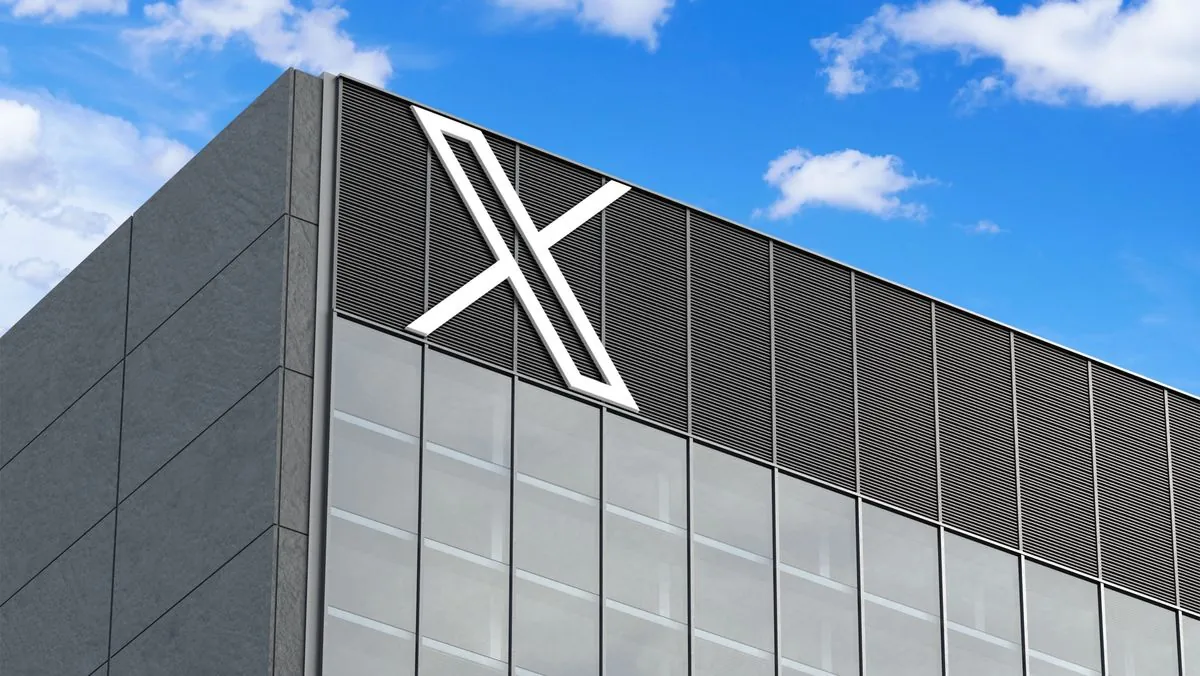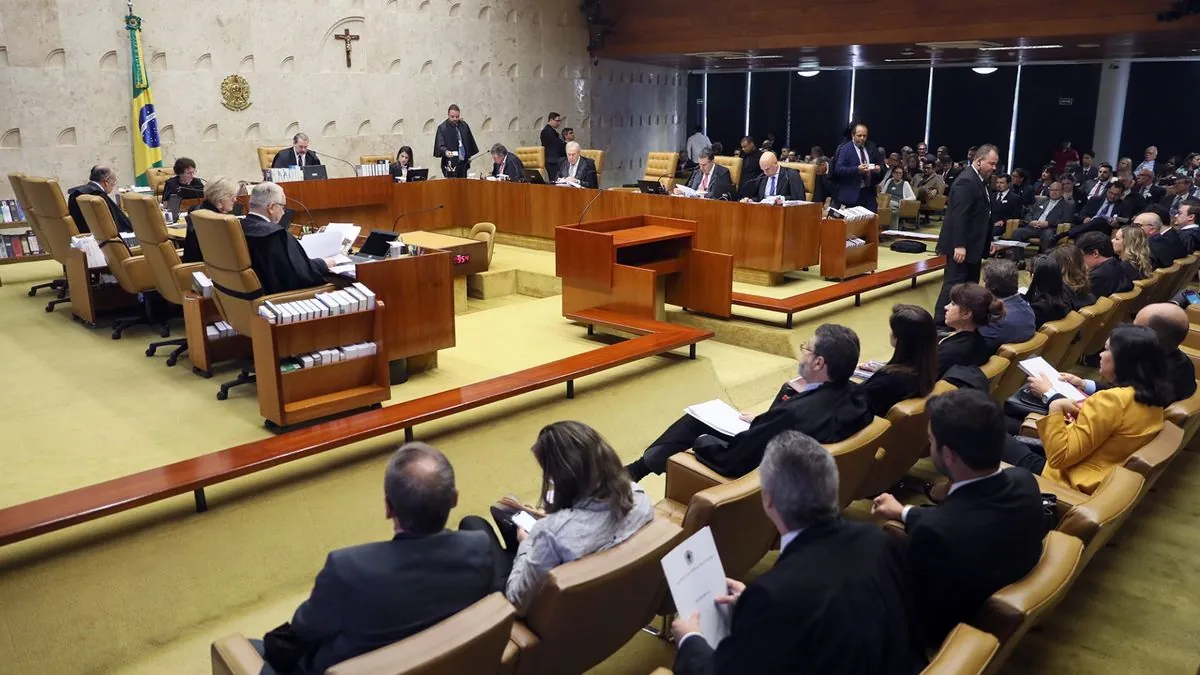Brazil's Supreme Court Threatens X Shutdown Amid Free Speech Dispute
Brazilian Justice demands X name local representative or face suspension. Ongoing clash between Elon Musk's platform and court over free speech and misinformation intensifies, highlighting legal differences with US.

In a significant escalation of tensions between Elon Musk's X platform and the Brazilian judiciary, Supreme Court Justice Alexandre de Moraes has issued an ultimatum that could potentially lead to the suspension of the social media network's operations in Brazil. This development marks the latest chapter in an ongoing dispute over free speech and content moderation in the world's fifth-largest country.
The conflict centers around de Moraes' demand for X to appoint a legal representative in Brazil within a 24-hour timeframe. This requirement comes in the wake of X's decision to remove all remaining staff from its Brazilian operations, citing alleged threats of arrest against its local legal representative.
Brazil, home to over 40 million active X users, has become a focal point in the global debate on social media regulation and free speech. The country's legal framework, rooted in civil law traditions, differs significantly from the United States' more permissive approach to freedom of expression. This disparity has led to clashes between X's global policies and local legal requirements.

The Brazilian Supreme Court, established in 1891 and consisting of 11 justices, has been increasingly proactive in addressing online misinformation. Justice de Moraes, who joined the court in 2017, has been at the forefront of these efforts. His actions have sparked controversy, with supporters viewing them as necessary to protect democracy, while critics argue they overstep judicial boundaries.
"We are being subjected to censorship in Brazil."
This statement from X underscores the company's perspective on the ongoing legal battle. However, it's important to note that Brazil's constitution, while guaranteeing freedom of expression, does impose certain limitations.
The current situation is particularly complex given Brazil's recent history. The country transitioned from a military dictatorship to democracy with the 1988 Constitution, making issues of free speech and governmental control especially sensitive. The rise of far-right movements during Jair Bolsonaro's presidency (2019-2022) has further complicated the political landscape.
As this dispute unfolds, it highlights the challenges faced by global tech platforms operating in diverse legal environments. The outcome of this confrontation could have far-reaching implications for social media regulation not only in Brazil but potentially in other countries grappling with similar issues.


































